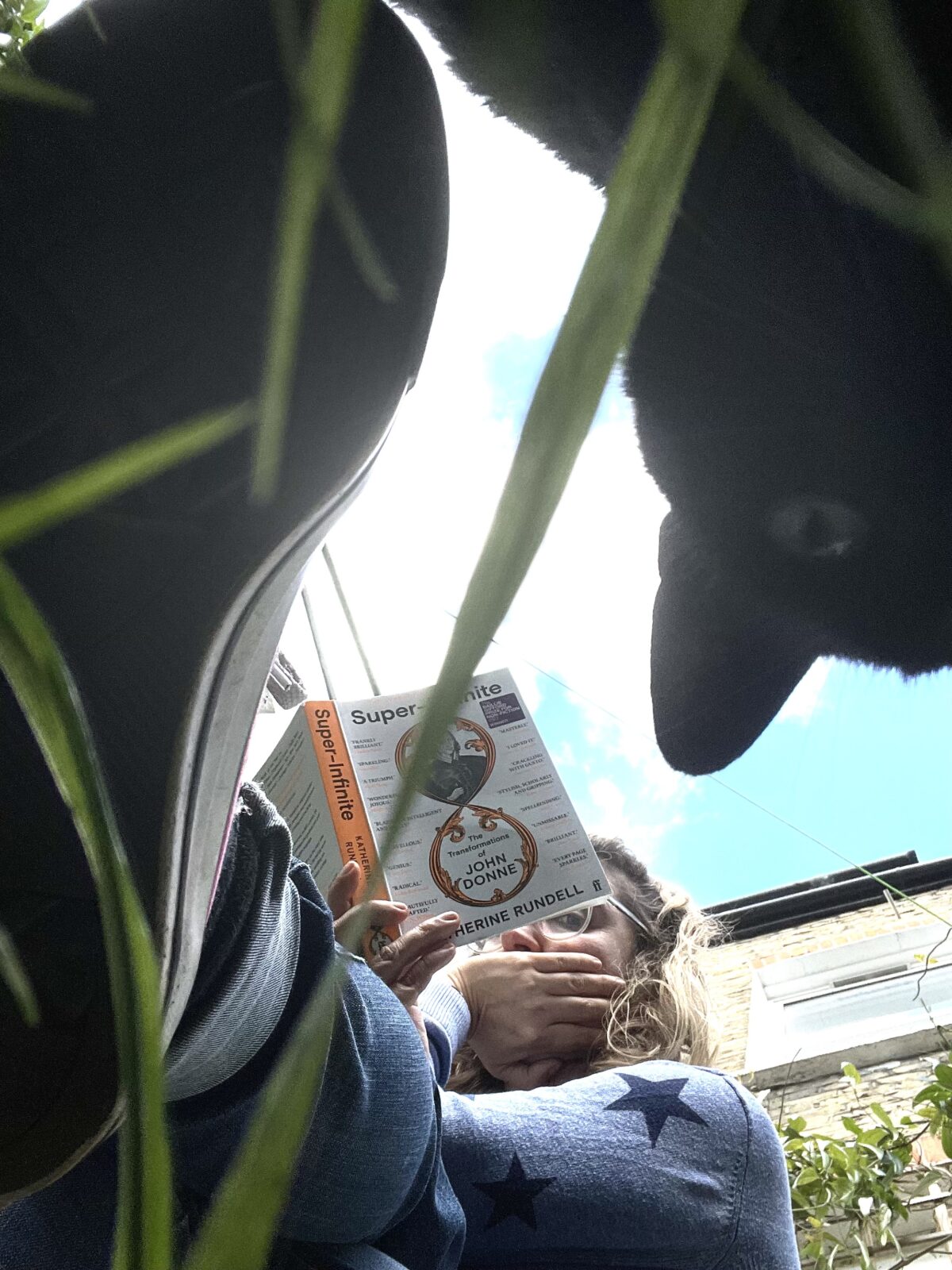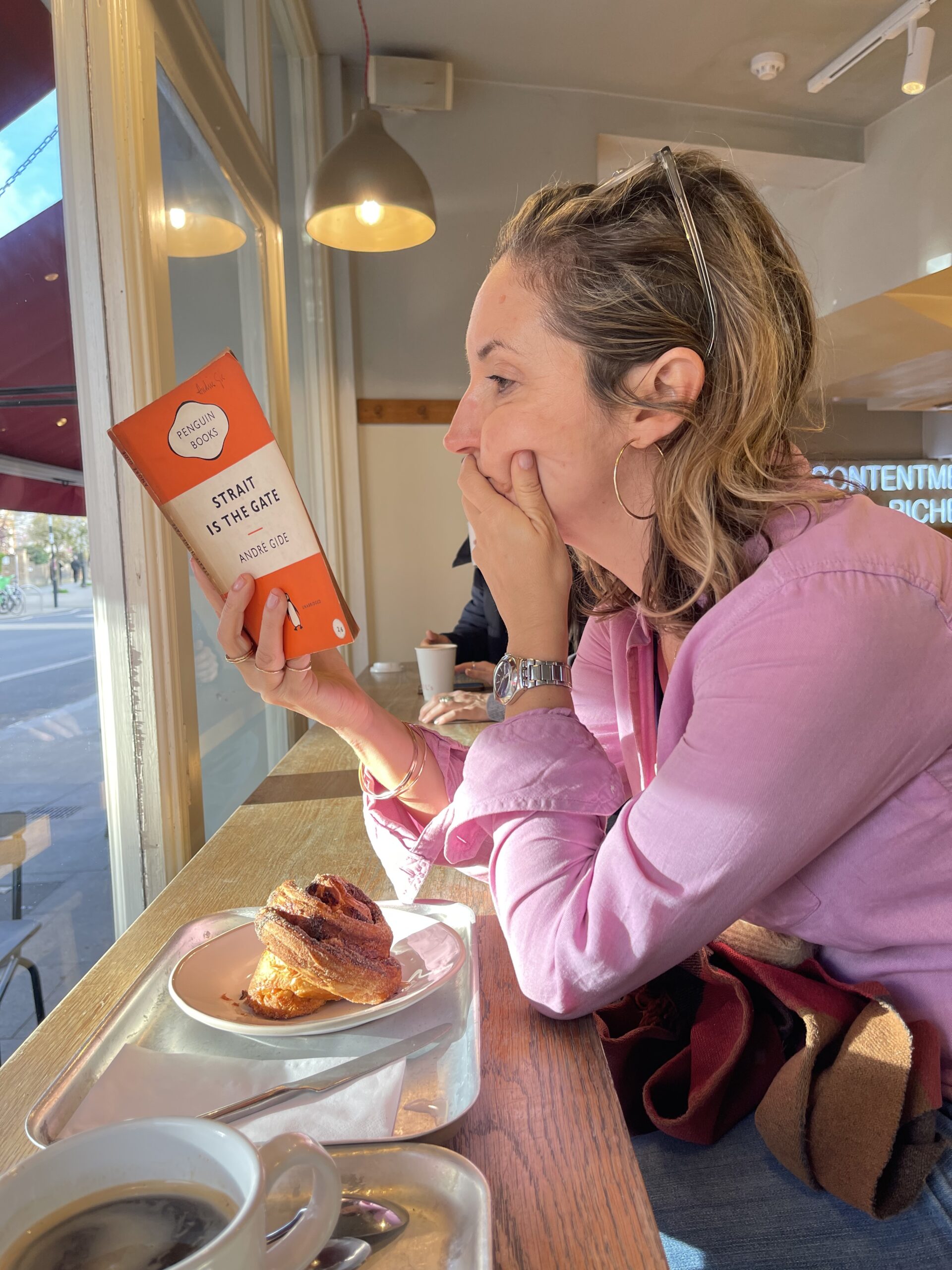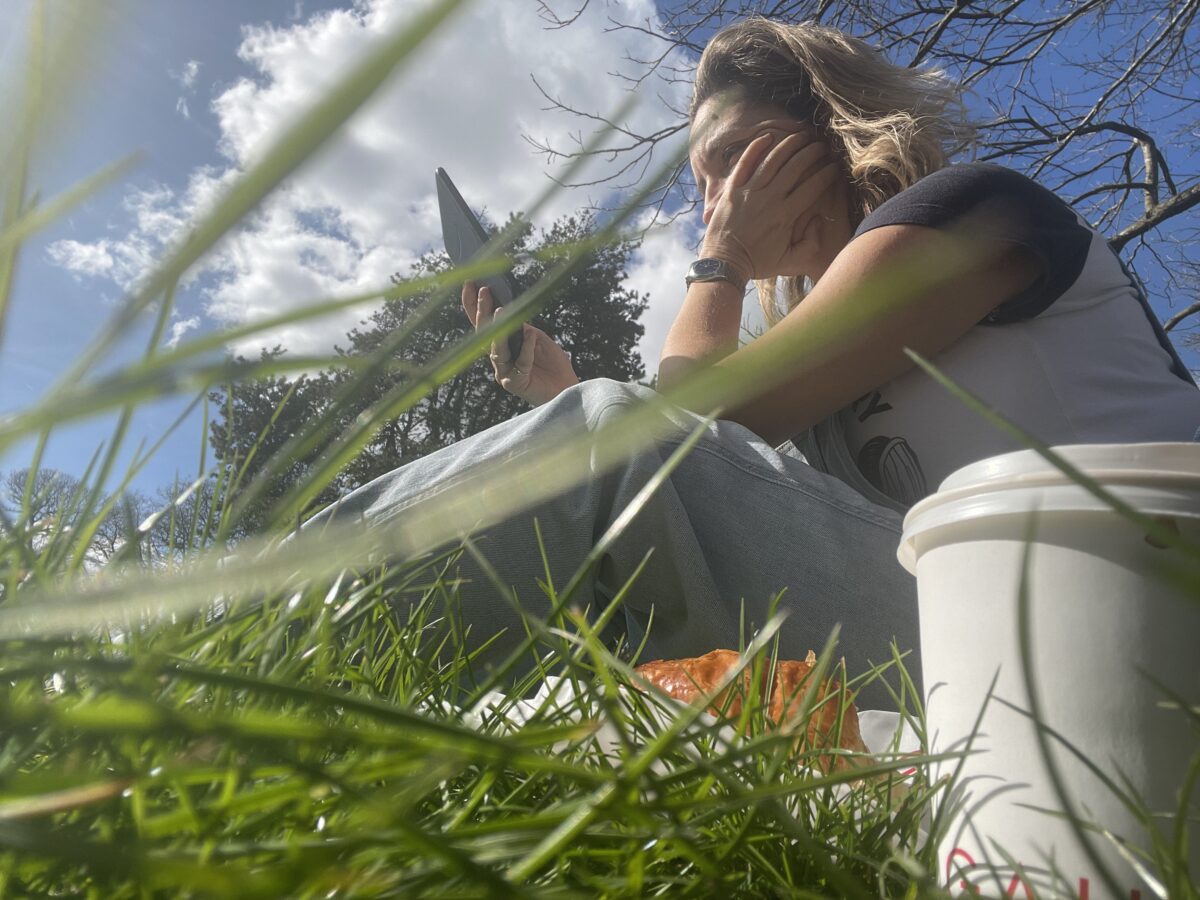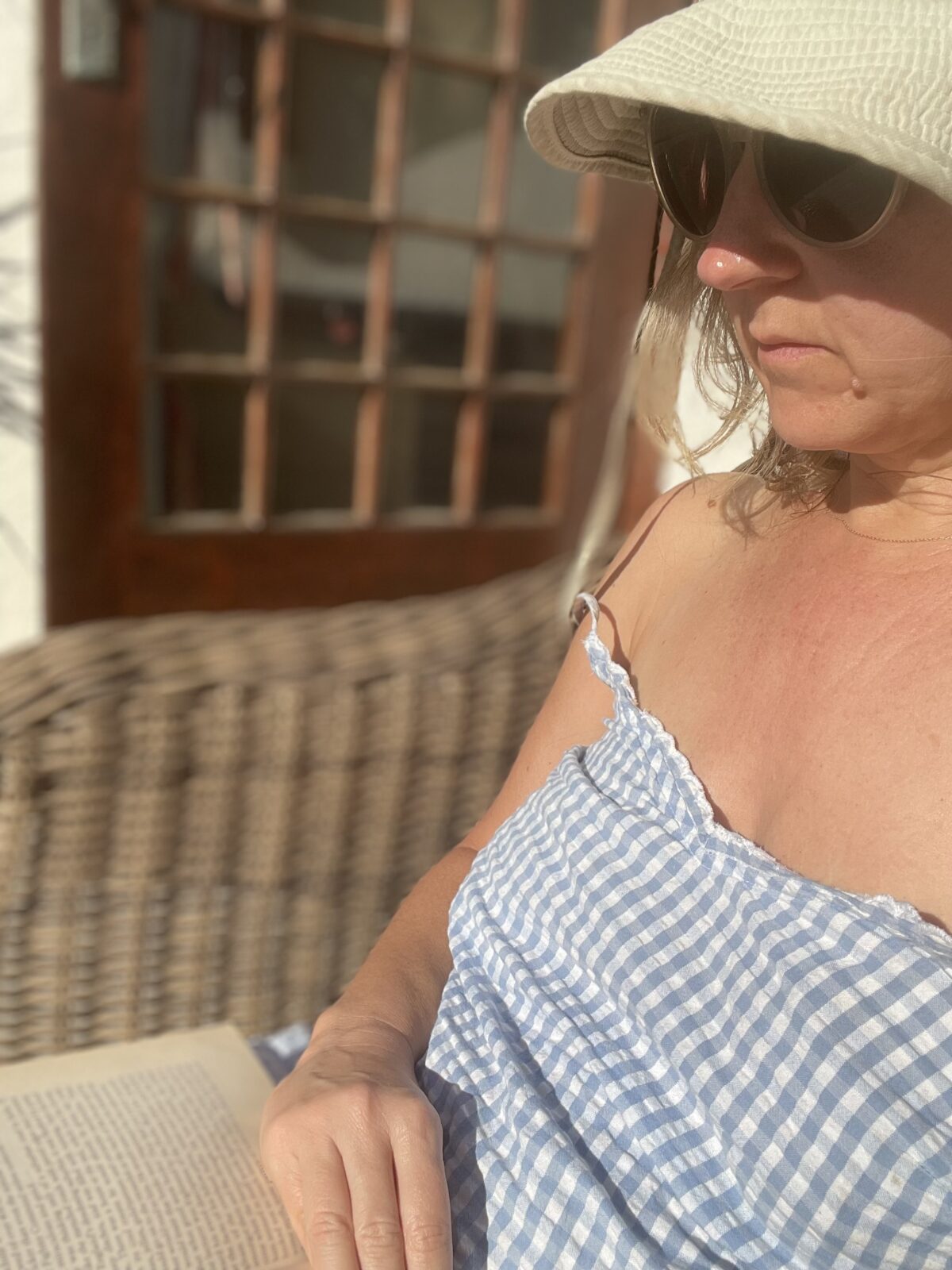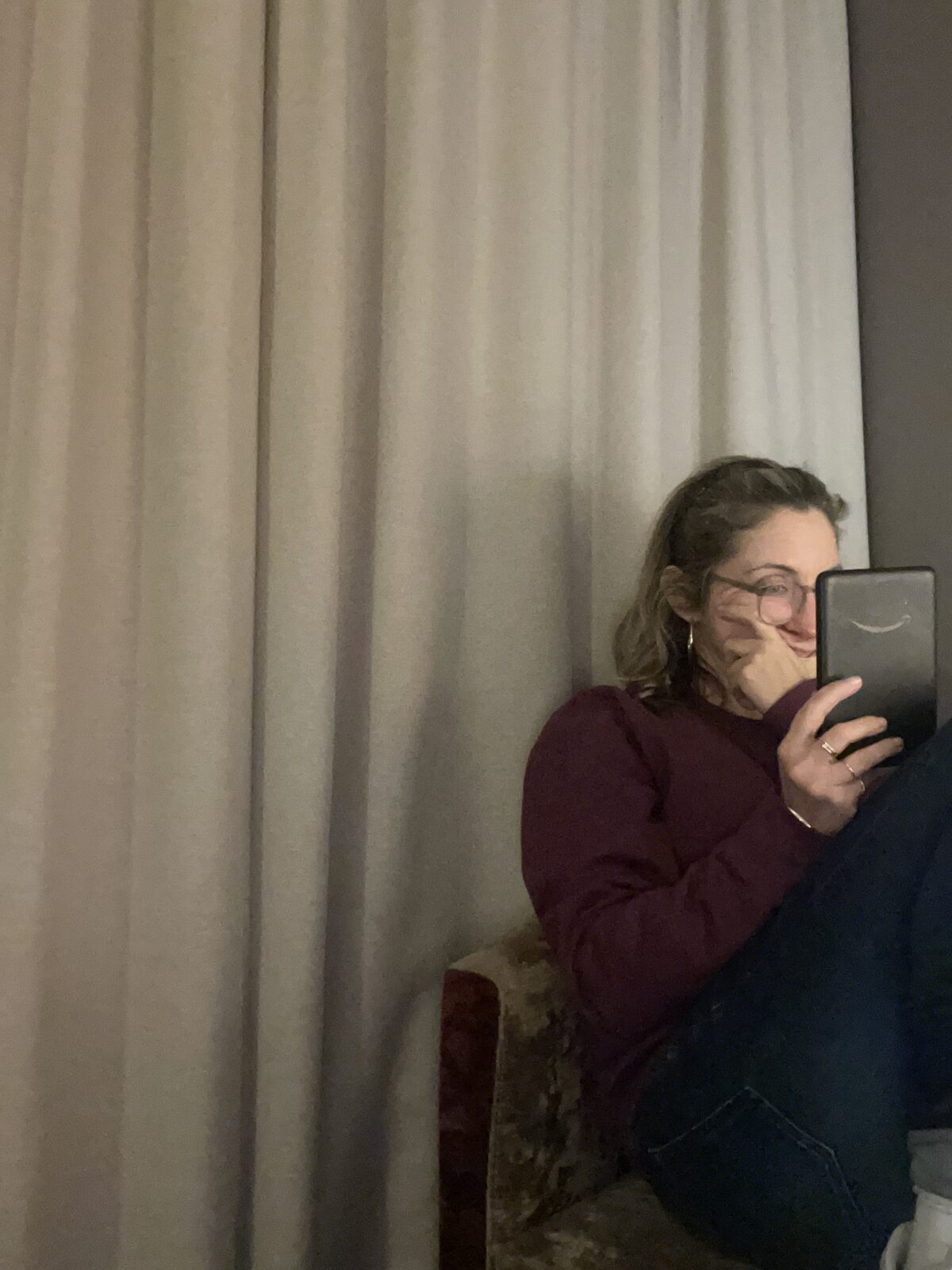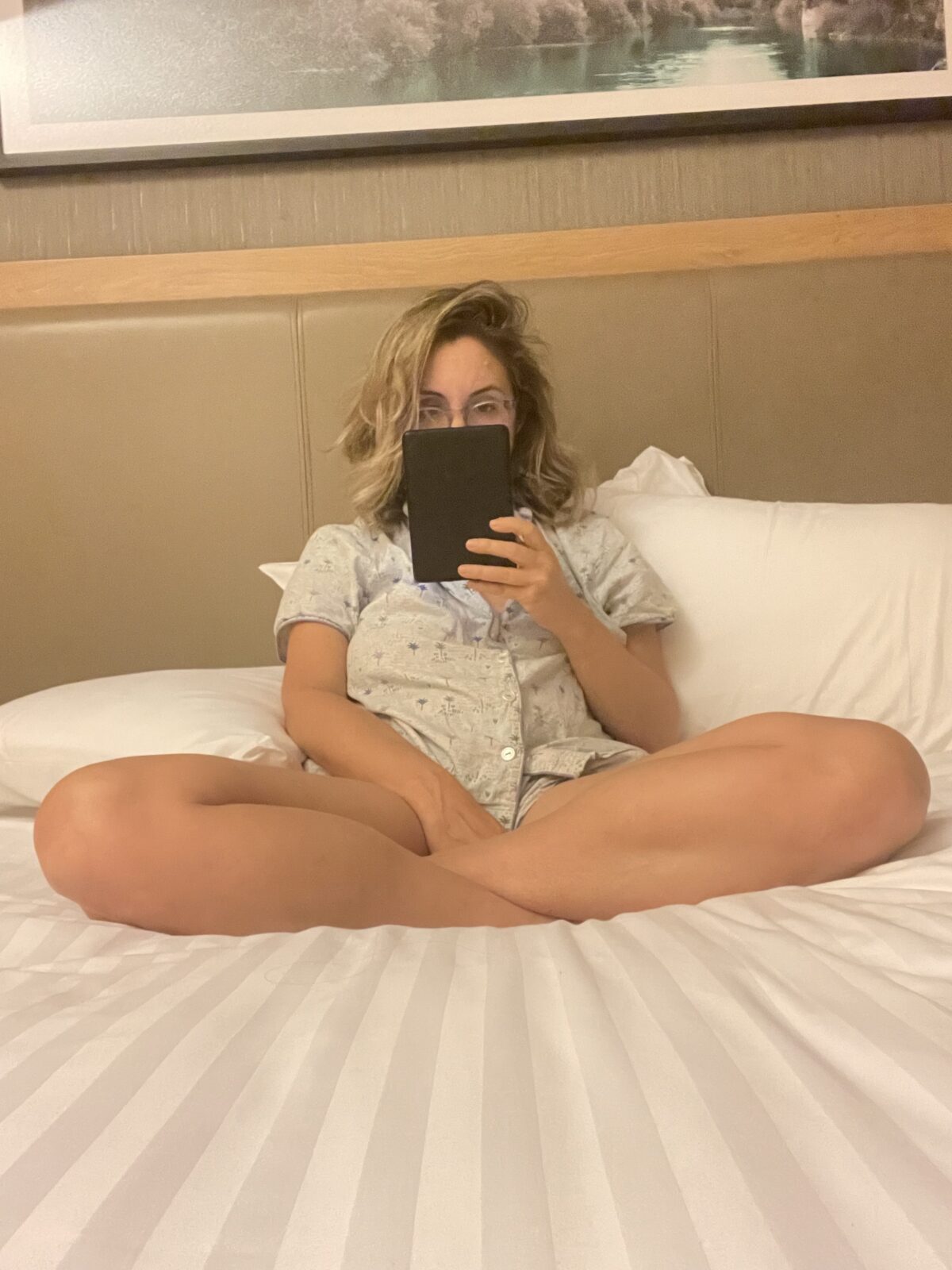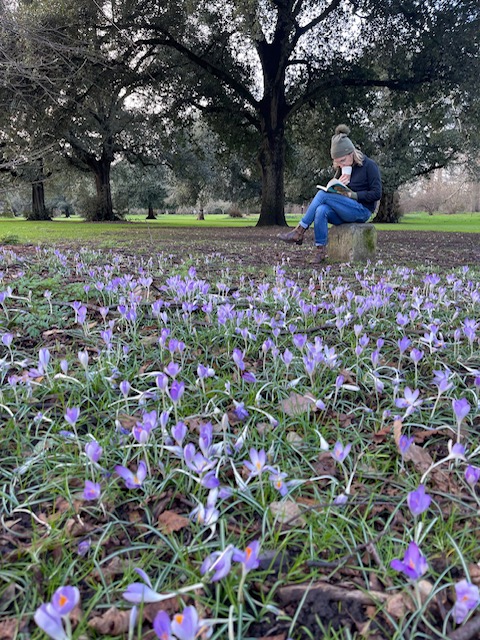I don’t know why but somehow I took it into my mind to read this biography of Renaissance poet John Dunne. It was pretty interesting but extremely random. I found learning about the Renaissance pretty interesting, as for example, that they used to serve a roast pig with a roast chicken posed on top of it, dressed up as a jockey.
It was comforting to learn that despite being today regarded as a major poet, Dunne was in his time as confused as the rest of us. As he explained to his friend in a letter: “I would fain do something.” His problem was figuring out what. He fell madly in love with a rich girl who abandoned her family to be with him. She then spent her entire adult life pregnant, dying in her twelfth childbed at age thirty-three. As I so often reflect in reading about history, THANK GOD FOR BIRTH CONTROL.
Interestingly Dunne often wrote his poems in letters to his friends, and did not keep copies. They poems only survive because they were copied by others, and handed around. He had no way of knowing how popular they were. It is quite possible that some of the ones that are most famous today he had already forgotten about in his own lifetime. He eventually went into the church, becoming a famous speaker, with 6,000 people (!) coming to see him at St Paul’s.
Particularly impressive was how he handled his death. As he lay dying, he not only gave instructions for the carving he wanted on his tomb (him, wrapped in his own winding sheet); but also got out of bed and got into his winding sheet, so the artist could sketch it and take his comment. It still stands in Westminster Abbey, being one of the few that survived the Great Fire of London a hundred years later.

